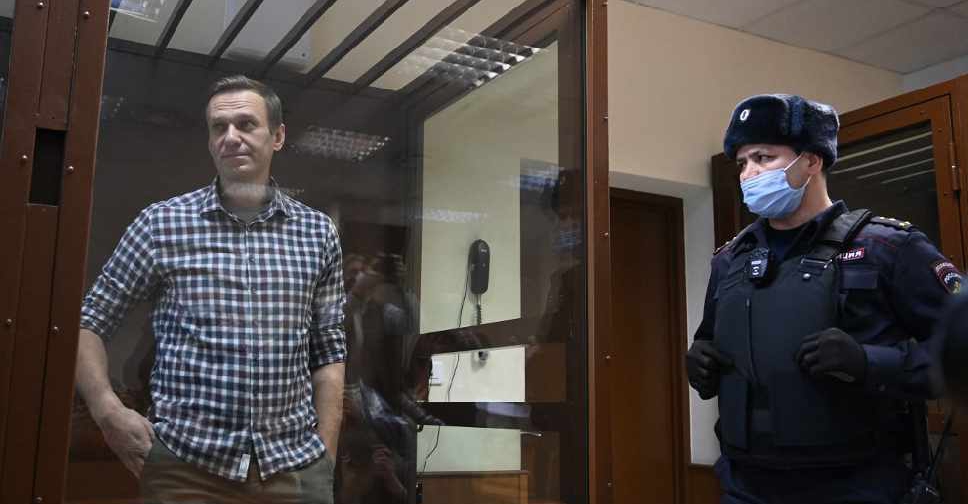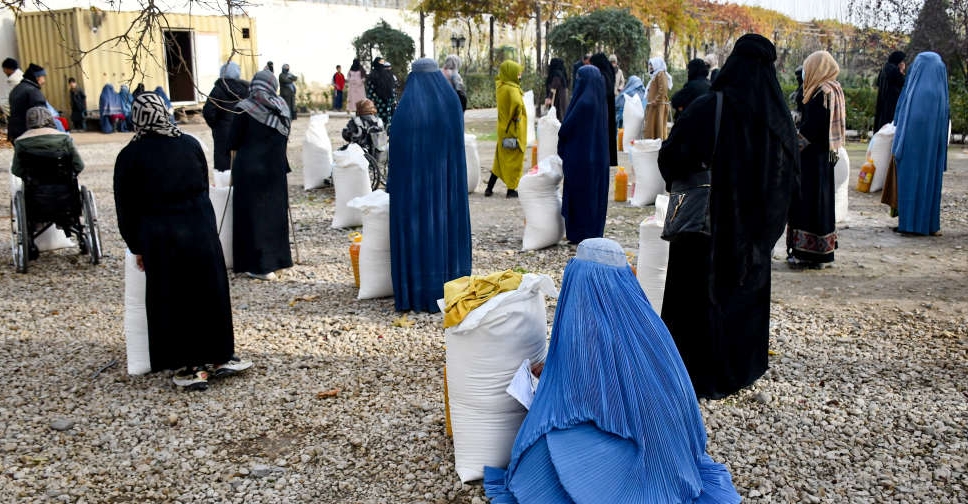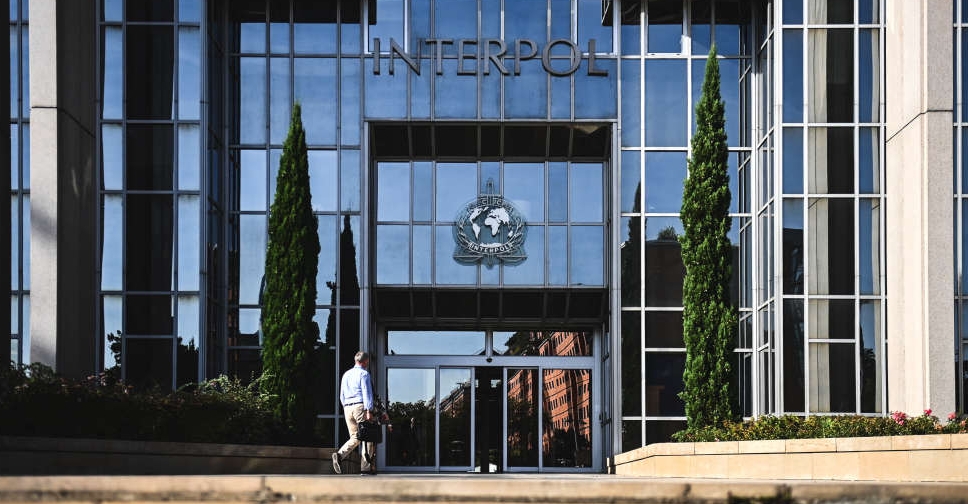
The United States on Tuesday imposed sanctions to punish Russia for what it described as Moscow's attempt to poison opposition leader Alexei Navalny with a nerve agent last year.
It is seen as President Joe Biden's most direct challenge yet to the Kremlin.
The announcement of action against seven Russian officials and 14 entities made by senior Biden administration officials marked a sharp departure from former President Donald Trump's reluctance to confront Russian President Vladimir Putin.
Navalny, 44, fell ill on a flight in Siberia in August and was airlifted to Germany, where doctors concluded he had been poisoned with a nerve agent.
The Kremlin has denies it had a role in his illness and said it had seen no proof he was poisoned.
Navalny was arrested in January on his return from Germany following treatment for poisoning with what many Western countries say was a military-grade nerve agent.
He was jailed on February 2 for parole violations on what he says were politically motivated charges, and sent to a penal colony on Monday.
U.S. officials did not immediately name the people or entities targeted and it was not clear if the sanctions, which typically freeze assets under U.S. jurisdiction, would have more than a symbolic impact.
The United States acted in concert with the European Union, which on Tuesday imposed largely symbolic sanctions on four senior Russian officials close to Putin, a move agreed by EU ministers last week in response to Navalny's jailing.
The EU sanctions apply to Alexander Bastrykin, whose Investigative Committee handles major criminal probes and reports to Putin; Igor Krasnov, Russia's prosecutor-general since 2020; Viktor Zolotov, head of Russia's National Guard who threatened Navalny with violence in 2018; and Alexander Kalashnikov, head of the federal prison service.
The EU sanctions fall short of calls by Navalny's supporters to punish wealthy businessmen around Putin known as oligarchs who travel regularly to the EU.
Unlike Western sanctions imposed on Russia's economy in 2014 in response to its annexation of Crimea, travel bans and asset freezes have less impact, experts say, because state officials do not have funds in EU banks or travel to the EU.
The U.S. officials, who spoke to reporters on condition of anonymity, reiterated Biden's call for Russia to release Navalny.
Further sanctions are likely as the United States assesses the Russian role in the massive SolarWinds cyber hack and allegations that Russia sought to interfere in the 2020 U.S. election and offered bounties to Taliban fighters to kill American soldiers in Afghanistan, the officials said.
Before the U.S. announcement, Russian Foreign Minister Sergei Lavrov said Moscow would respond in kind to any new U.S. sanctions over Navalny, the Interfax news agency reported.



 DeepSeek hit by cyberattack as users flock to Chinese AI startup
DeepSeek hit by cyberattack as users flock to Chinese AI startup
 India, China to resume direct air travel after nearly five years
India, China to resume direct air travel after nearly five years
 WFP says aid cuts to Afghanistan leave millions hungry
WFP says aid cuts to Afghanistan leave millions hungry
 37 terrorists arrested in East Africa, Interpol says
37 terrorists arrested in East Africa, Interpol says
 Gaza residents start to return north as crossings open
Gaza residents start to return north as crossings open







